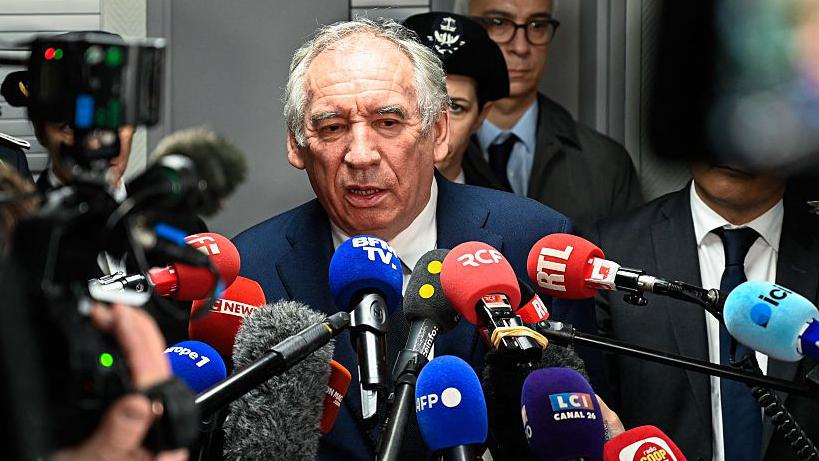The World Health Organization (WHO) has warned that severe funding cuts—especially by the United States—are endangering decades of progress in the battle against tuberculosis, the world’s deadliest infectious disease. The health agency stressed that essential prevention, testing, and treatment services are collapsing, putting millions at risk.
Regions such as Africa, Southeast Asia, and the Western Pacific are among the hardest hit, as their national TB programs heavily depend on international support. “Any disruption to TB services—whether financial, political or operational—can have devastating and often fatal consequences for millions worldwide,” said Tereza Kasaeva, Director of WHO Global Programme on TB and Lung Health.
UN Secretary-General António Guterres also raised the alarm on February 24, emphasizing the immediate impact of funding cuts on key health initiatives combatting HIV/AIDS, tuberculosis, malaria, and cholera.
Over the past two decades, global TB programs have saved more than 79 million lives, averting approximately 3.65 million deaths last year alone. A significant portion of this success has been driven by US government funding, which provides about $200 to $250 million annually—roughly a quarter of total international donor contributions. However, new executive orders for 2025 will slash US funding in at least 18 high-burden countries, where 89% of the anticipated funds are earmarked for patient care.
The impact is expected to be particularly severe in Africa, where treatment disruptions and staff layoffs could lead to an exponential increase in TB transmission rates. Early reports from affected countries indicate that funding constraints are already undermining essential health services, leading to layoffs, drug shortages, supply chain breakdowns, and disruptions in TB research and surveillance systems.
“Without immediate action, hard-won progress in the fight against TB is at risk. Our collective response must be swift, strategic, and fully resourced to protect the most vulnerable and maintain momentum toward ending TB,” Kasaeva warned.
The WHO reaffirmed its commitment to supporting governments and global partners in combating TB, stressing that sustained funding and integrated solutions are crucial to safeguarding the health of those most vulnerable.




